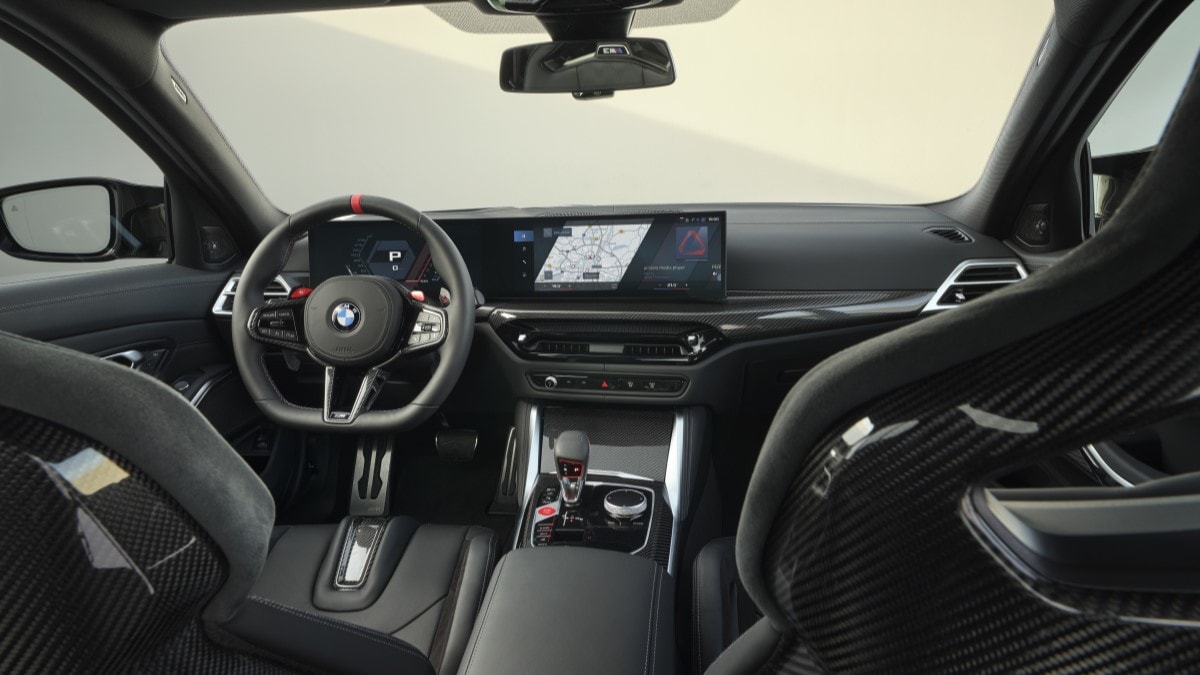Automakers plan a future of in-car subscriptions, where drivers never pay off their car because they owe monthly fees for access to many of its features. It’s not working out, according to a new study.
S&P Global Mobility, a consultancy that studies the car industry, estimates that “connected car features” could be a $200 billion industry. But, the company tells Automotive News, “the total revenue generated by connected services and paid updates is about $6 billion” to date.
Almost Anything Could Be a Subscription
In recent years, automakers have begun experimenting with a car ownership model that would see drivers pay subscription fees to access technologies in their cars.
In this future, you’d still buy a car. But you’d have to pay a fee to access some of its features.
Those fees might be monthly. Your car might come with 20 speakers. But you could turn on four, eight, 16, or all 20 for different monthly fees. BMW has experimented with monthly fees to access heated seats in some markets.
Or fees could appear per use. Volkswagen executives have publicly toyed with self-driving software that charges ticket prices to different destinations.
They’re not all for creature comforts. Mercedes already lets owners of some of its electric cars rent additional horsepower by the month or year.
The idea could drastically simplify the process of building cars. Manufacturers could build every car with every feature, taking advantage of economies of scale to mass-produce their most advanced technologies.
It could also give owners financial flexibility, letting them tailor their monthly costs by turning features on and off.
But it could also end the idea of ever paying off your car. Even once you’ve paid off the loan you used to buy it, you might be paying monthly fees forever. Even used car buyers could have to pay the company that built their 20-year-old car monthly fees to use some of its features.
Pushback Building
But S&P Global Mobility says automakers have hit several hurdles early in developing this new sales model.
One is simple consumer pushback. Studies have shown that consumers are wary of effectively renting something they’re used to owning.
They’re also offended. Tesla just this week gave Model Y owners the chance to download additional range for a fee. It’s too early to know how many will take advantage, but the instant reaction on social media was mostly outrage from owners angry to learn that their range was currently limited by software.
Another snag? Privacy concerns. Automakers have suffered black eyes from several recent privacy controversies, including reports that some sell driver data to insurance companies. A digital privacy watchdog group recently called such connected cars the worst category of products when it comes to respecting privacy.
That has many unwilling to sign up for in-car subscriptions.
“With data security and privacy concerns, I think some automakers have just chosen to put this in the try-to-figure-it-out-later bucket,” Seth Goldstein, an equities strategist at Morningstar Research Services, told AN.
Automakers also contend with simple subscription fatigue. Americans already pay monthly fees for their phones and their streaming entertainment. An automaker with a monthly fee is “not competing only with another car,” explains Stephanie Brinley, a principal automotive analyst at S&P Global Mobility. “You’re competing with everything in that person’s household.”








